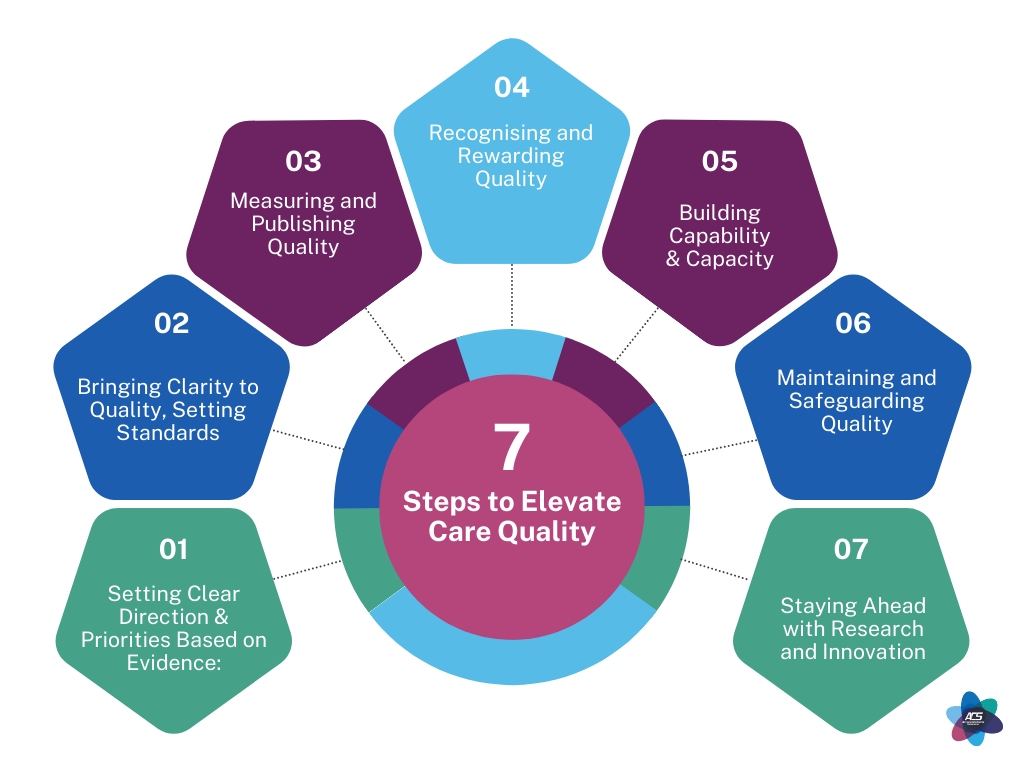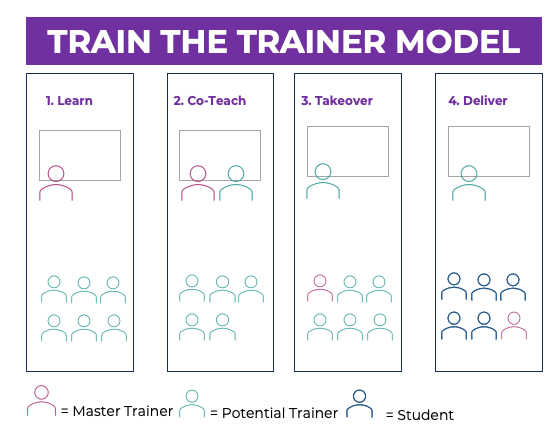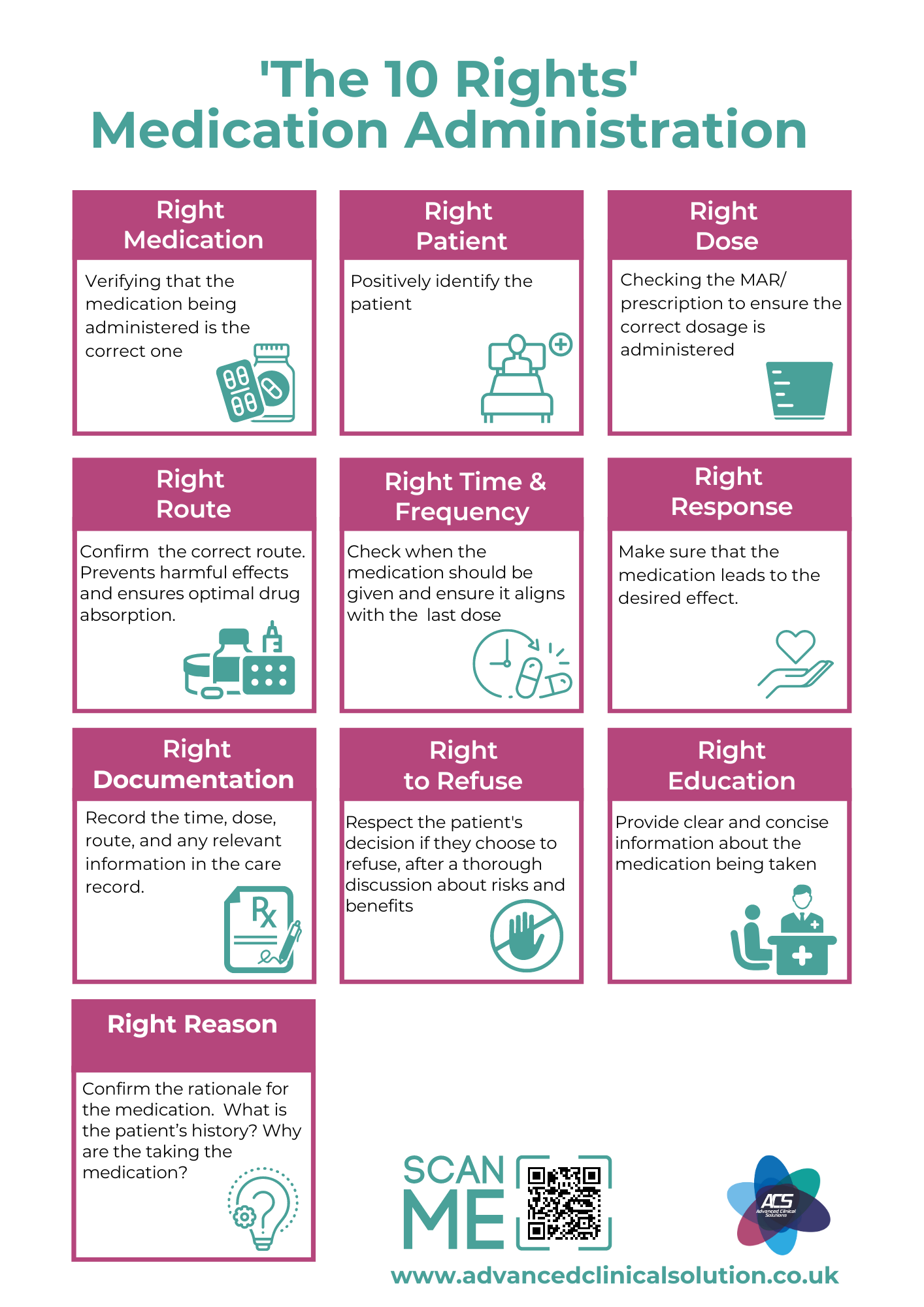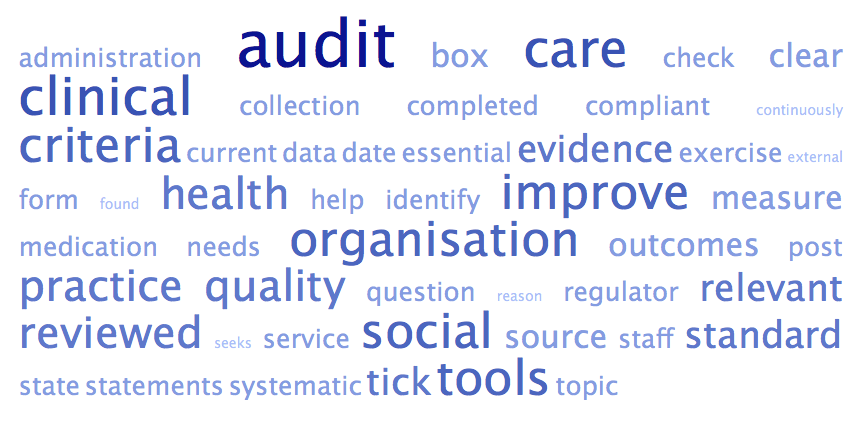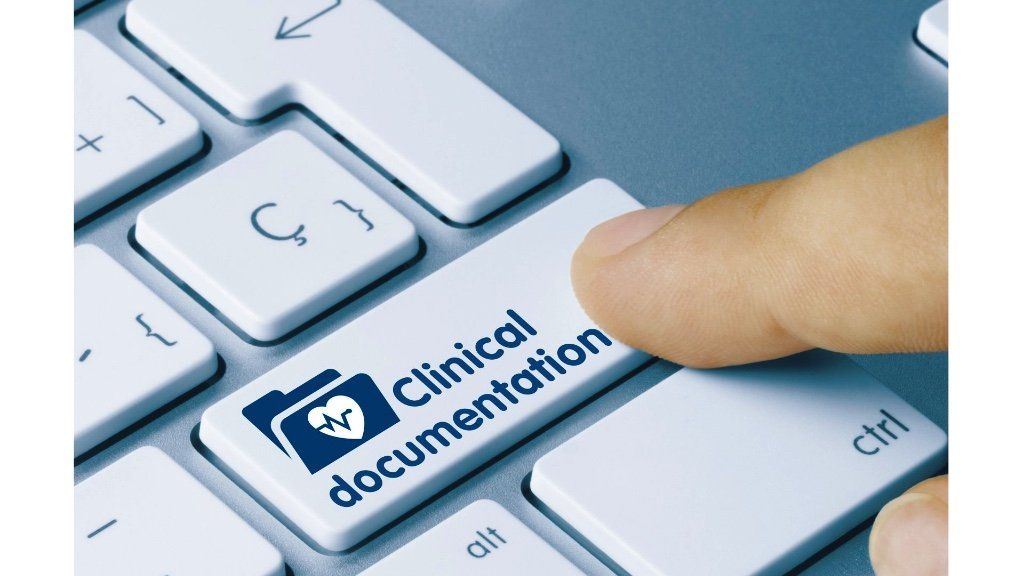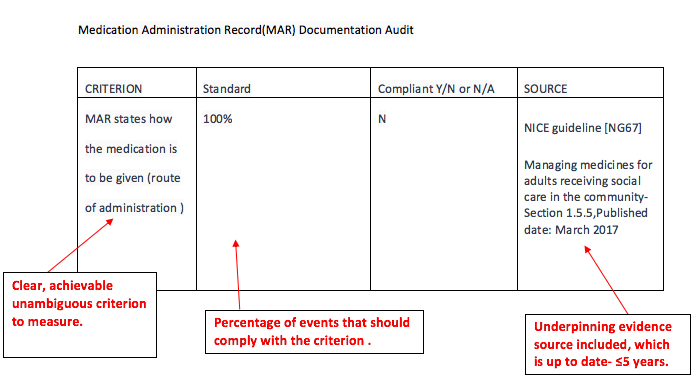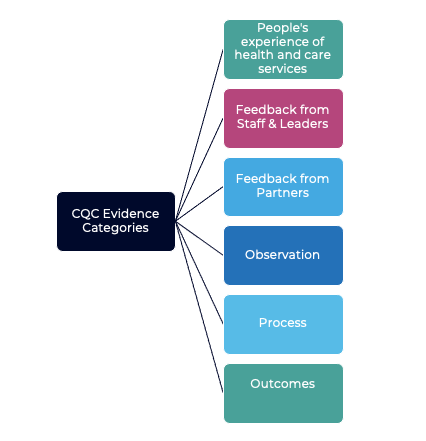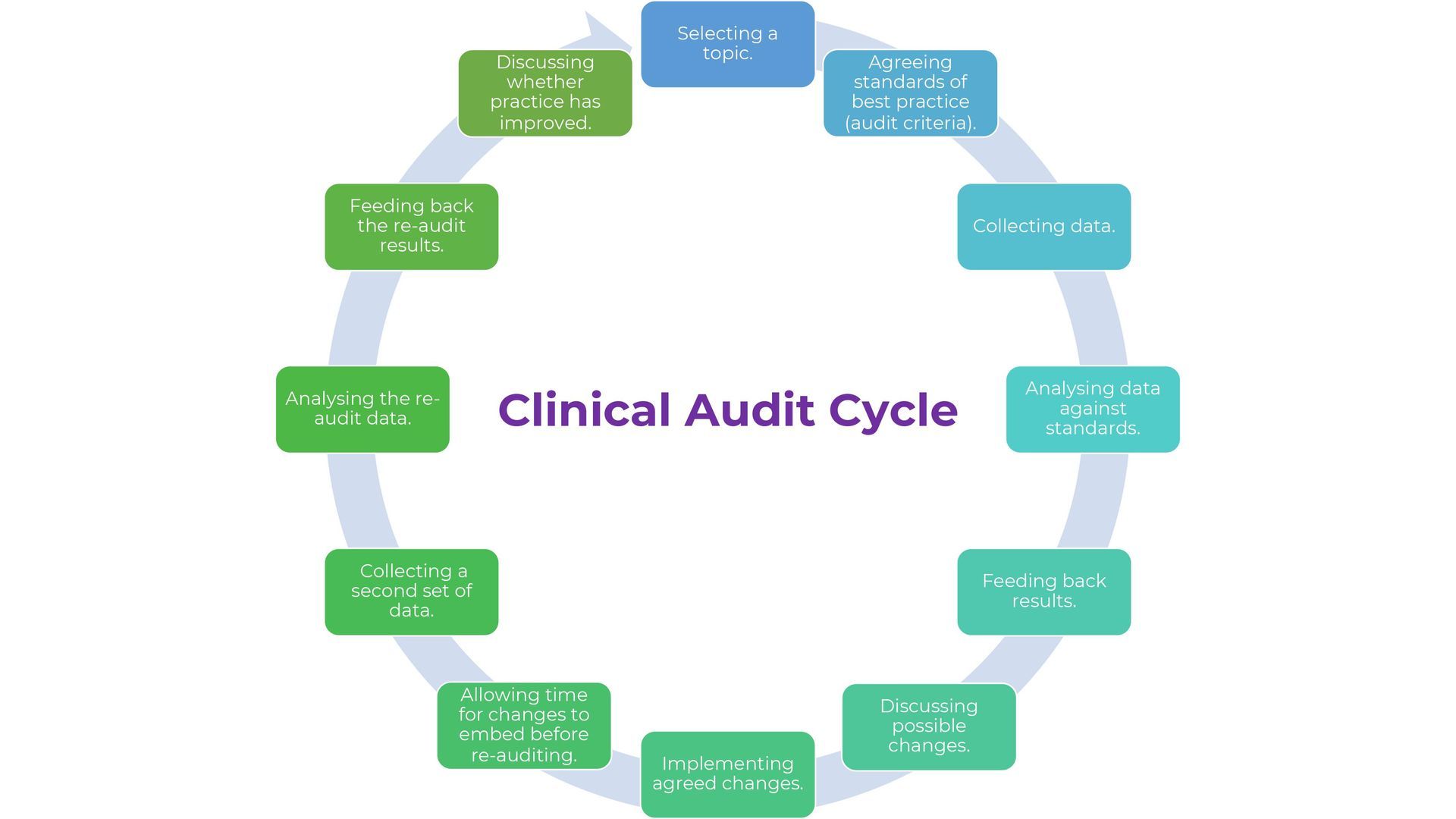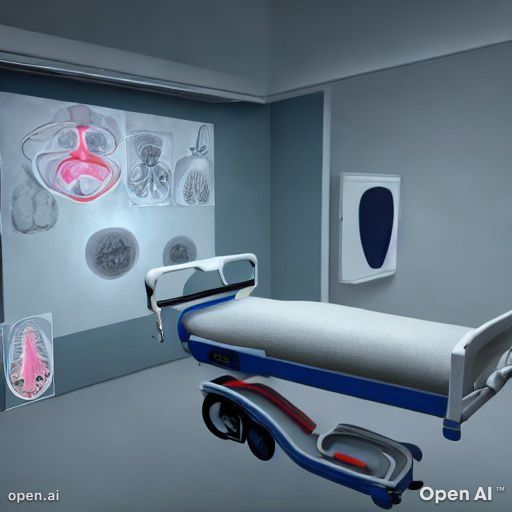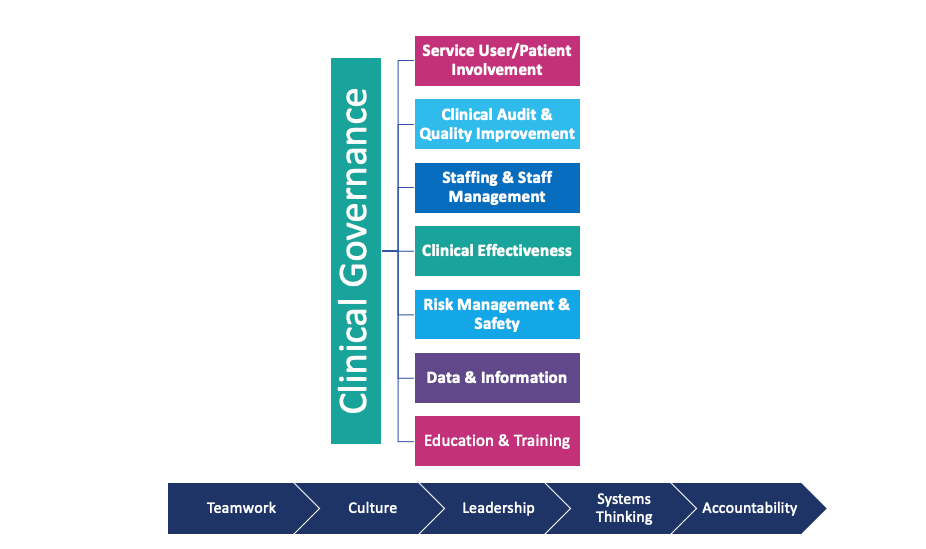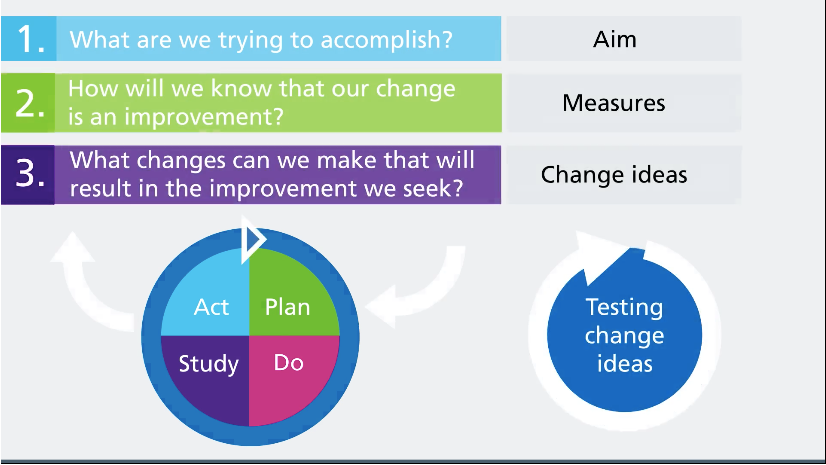The current state of clinical audit in health & social care
A blog post on a topic I'm very passionate about – Clinical Audit.
Whenever I utter the words clinical audit, I usually see a glaze of boredom and instant sleepiness cast over peoples faces. Before you all nod off to the land of zzzzzz’s think of this, Clinical Audit is not the most sexiest of topics but it has so much potential to improve health and social care quality,
if done properly . I see countless bits of paper, so-called audit tools and the like which claim to be clinical audits but are far from the standards set out in
Principles for Best Practice in Clinical Audit
(updated in 2016) .
Clinical Audit is “a quality improvement process that seeks to improve health and social care outcomes through systematic review of care against explicit criteria and the implementation of change.” Or to put it more simply, improving the quality of care by looking at current practice and modifying it where necessary .
The question I often ask myself is this: W
hat is the current state of clinical audit in health and social care?
Let’s start with the negatives
There are so many unhelpful inferences that are associated with Clinical Audit , I hear the following on an almost daily basis….
X - " Clinical Audit is a tick box exercise in my organisation."
X - " Audit is just data collection and completing forms for no reason, has anyone got the time to do it ?"
X - " It’s a mind-numbing subject, advocated by boring people!" (anyone who knows me personally ,appreciates that I am far from boring )!
When completed with the right success factors in place such as leadership, support , staff involvement and understanding of the
objectives ,clinical audit can be a positive quality improvement tool.
- Audit is about identifying best practice and measuring against standards or criteria.
- Audits improve care, safety ,quality and outcomes
- Audit can be used as an educational tool, with the ability to continuously identify learning and training needs.
- Audit can help staff to evaluate their work.
There is so much more I could add , but realise I only have a small window to keep readers of this engaged whilst I attempt to make clinical audit seem a little bit more interesting.
Last week, I was asked to review some ‘audit tools’ sent to me by a client, which were downloaded from a generic database used by many health and social care organisations. I was a little bit shocked by what I saw. After the third time of shouting "THIS ISN’T A CLINICAL AUDIT” at my laptop ,I decided to get into keyboard warrior mode and write this blog post.
Here is what I found : a tick box , data collection form that was so mind numbingly boring and irrelevant to modern health and social practice. The tools reviewed did not have relevant criteria, standards set or a shred of underpinning evidence anywhere in sight. The tools essentially were just a bunch of random statements that the organisation had to tick, to say if they were compliant or not. It was obvious to me that the focus for these tools, is to have the audit imposed on the organisation so that a regulatory compliance box can be checked.Not because the audit topic is a good fit for the organisation and its needs. The Care Quality Commission (CQC) as a regulator, recognises clinical audit as a professionally led exercise, which is an essential component in clinical governance and the delivery of high quality care.
What left me even more uneasy after reviewing, is that these tools are likely to be in use by thousands of health and social care organisations. If I can do nothing else with this blog ,I would like to highlight what you should be looking for when reviewing an audit tool for its usefulness. If you can’t see these things please QUESTION its validity to your organisations quality improvement goals.
Check 1
Relevance :
Is the audit relevant .There is clear evidence of a problem in your organisation.This could be from an internal source, such as an incident or an external source ,such as an issue raised by a regulator or a service-user.Equally does it help improvements with any of the following in your organisation?
- Unsafe Care
- Variations in Practice
- Lack of Knowledge
- Wasteful Care
- High Risks
- High Volumes
- High Costs
- Vulnerable Service Users
Check 2
There are clear criteria to measure .
Criteria are systematically developed statements that can be used to assess how appropriate the decisions, services and outcomes in your organisation are. They should always be
- Evidence based-(ideally using up to date evidence ≤5 years)
- Unambiguous
- Clear
- Agreed by the whole team
- Follows SMART principals (specific, measurable, attainable, relevant and timely
Below is an example of an audit criteria , and what a good layout may look like.
This is just a very small insight into good clinical audit . A number of organisations provide useful guidance materials , such as the one mentioned previously, produced by HQIP -
Principles for Best Practice in Clinical Audit
(updated in 2016).There are some great clinical audit teams and professionals working within healthcare , the NHS often has dedicated audit teams who are highly experienced and experts in their field. The major worry for me is when you move away from this dedicated in -house resource, to other, maybe smaller health and social care providers. Such as nursing homes, community services and domiciliary care. Is there any specific training provided on quality improvement techniques? From my experience no there is not. Are healthcare professionals working in these areas just supposed to know how to conduct a clinical audit correctly ? We are all expected to contribute towards quality improvements within our organisations ,but how can this be if the basics such as how to audit correctly are just not there.
If you are an organisation or an individual looking for some current and relevant clinical audit training, please get in touch. We provide a half day session on the basics of clinical audit, which will provide good foundation knowledge for all of your clinical audit efforts going forward .Who knows you may even find clinical audit a little more exciting !!!
Josie Winter-Clinical Director ,Advanced Clinical Solutions
See how Advanced Clinical Solutions
can help you with your Clinical Auditing
Book a free consultation with our clinical team here.
or
Request a Free Review of your CQC Report
Email Us
For general enquiries & questions,
contact us via email
Book Free Consultation
Need some advice face to face? Book a free 30 minute MS Teams consultation
Share
CHECK OUT OUR OTHER BLOG POSTS
Knowledge Hub

